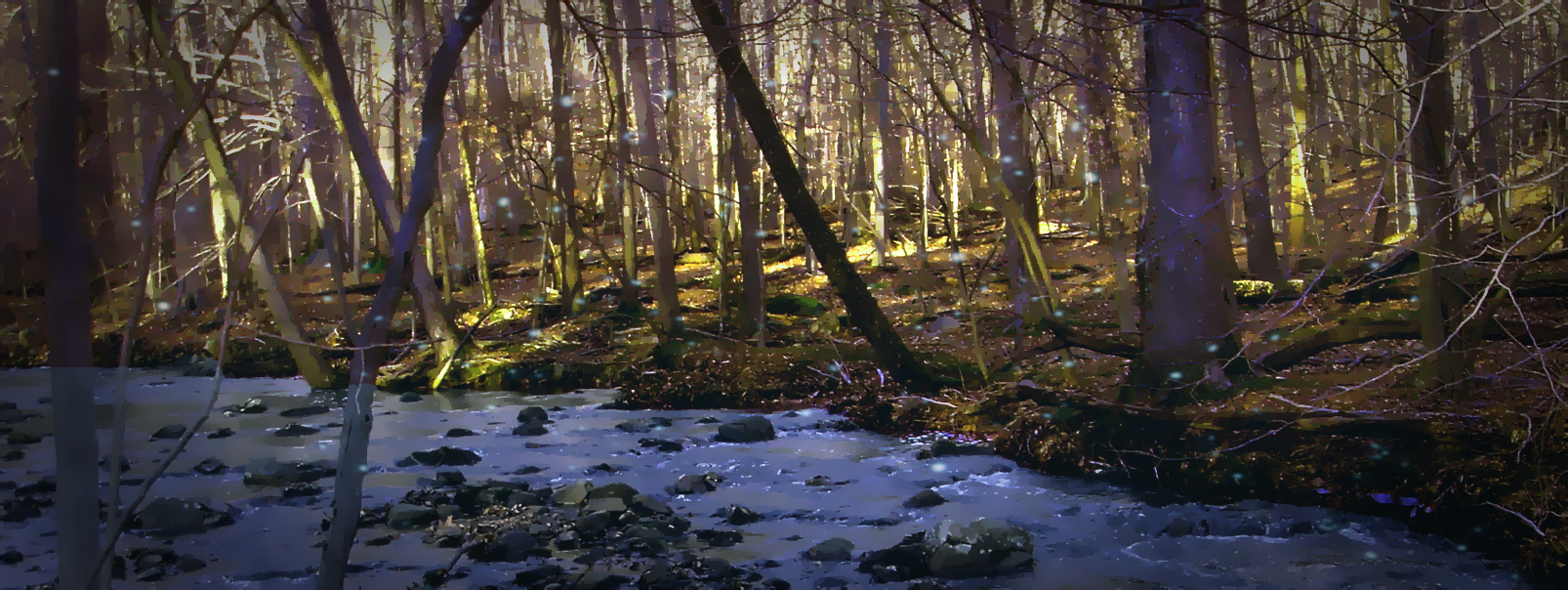Xinyuan: Notable Factions
Government
Unlike its older sister city-state Ashimachi, which was conquered by the Shogun of Unkai in LN 52, Xinyuan remains authentically Yunhainese and its system of government follows. Since it falls under the banner of the Princedoms of Yunhai, it is treated as a province despite being nearly as large as its mother Territory and with a higher gross domestic product. Owing to the latter, no single prince could bear the thought of yielding his share and so officially it is jointly ruled by all eight simultaneously.
In practice, this unusual arrangement involves a Gaoshi (Governor) who is given executive authority over a small body of local officers as well as the Jingcha police force, and answers to a team of eight Shizhě (envoys), each representing one of the princes. Yunhainese governments are frequently criticized for lax policies and laissez-faire attitudes, and Xinyuan is no exception: corruption runs rampant throughout both government and law enforcement, but both bodies are so small and Xinyuan itself so affluent that the impact on the general population is minimal.
The Gaoshi
Zhang Wen was born in Xinyuan in LN 1232, the son of a fisherman and a textile worker. Given Xinyuan's obeisance to the joint crowns of Yunhai, the only way to be elected to such a position is to garner favor among the Shizhě, something Wen accomplished in his late thirties after taking over both parents' businesses simultaneously.
Shizhě
Despite their position as trusted advisors of the princes of Yunhai, conveying their orders to the Gaoshi and the local government, the Shizhě have no true legal authority to speak of. Despite this they are lauded among the public by virtue of their glamorous appearances and lavish fanfare: as royal appointees they are wealthy and fashionable and that's enough for many citizens. The common people often believe, mistakenly, that their station is the result of hard work and endeavor and not generational wealth and nepotism; and that they hold direct power in Xinyuan when in reality they do not.
Jingcha
Like Calava, Xinyuan has no standing military to speak of: only a company of just under 200 personnel dedicated to naval security, local law enforcement, and courts of law.
Similar in scope to Ashimachi's Kei-cha, Jingcha officers on foot patrol don red and gold short robes with black sashes, billowing white trousers, and reinforced sandals. They wear simple rattan hats with open tops: the Jingcha grow their hair long by custom, and frequently keep it in top knots - hence the hole. Their standard-issue weaponry includes tieshan (short iron clubs fashioned to look like folded hand fans) and shoubiao (wrist-mounted hand crossbows). Up-armored units wear light Shangshan breastplates, bracers, and pot helmets and carry javelins, curved sabers, and/or heavy crossbows.
Both naval and ground forces of the Jingcha carry wooden canisters filled with "citation sticks," thin panels of bamboo with the officers' names and badge numbers branded upon them. When a criminal is detained their name and a reference number for the crime they committed are written and turned in at the central headquarters each day. A hole is punched at the top of each stick and incarcerated criminals are made to wear a copy around their necks.
It's worth noting that Xinyuan does not generally criminalize the possession of drugs for personal use. Aside from laws prohibiting administration of drugs to children or animals outside of medical practice, its citizens are free to use recreational intoxicants as they please.
Religion
The Dreamswallowers
The Dreamswallowers faith is the state religion of Xinyuan, and follows the Yunhai Orthodoxy. While the tenets of the Orthodoxy originate from a place with no magic, the study of magic on the Coast has remarkably done more to prove its assertions than disprove them. Therefore, even though the citizens of Xinyuan reside in a place with magic, there has been little need to modify scriptures to accomodate that fact.
Providing a home for Treetouched refugees fleeing other parts of the Coast has become a personal mission for head priest Diyue Song, and in pursuit of that goal she has established the Society of the First Mother. The band of volunteers who belong to the Society dedicate their time and resources to finding homes and work for such refugees, and although they publicly deny it under threat of reprisal from other city-states it is a common rumor that they maintain child organizations in other states (operating under different names) so that they might reach out to Treetouched individuals abroad and ferry them to safety in Xinyuan.
As a Dreamswallowers state Xinyuan approves of the use of the relatively new Rites of Apotheosis to create xinshen, and indeed some entities created in Xinyuan two hundred years ago are now revered as local deities. One such entity, dubbed Làfēng (literally "Spicy Wind") is a greater xinshen aligned with the wind element. They serve as both the host and central figure of an annual festival called the Tradewind Feast which celebrates the bountiful harvest of the southern sea - made possible by favorable wind currents over the water.
Other
WIP
Xinyuan: Notable Factions



Comments